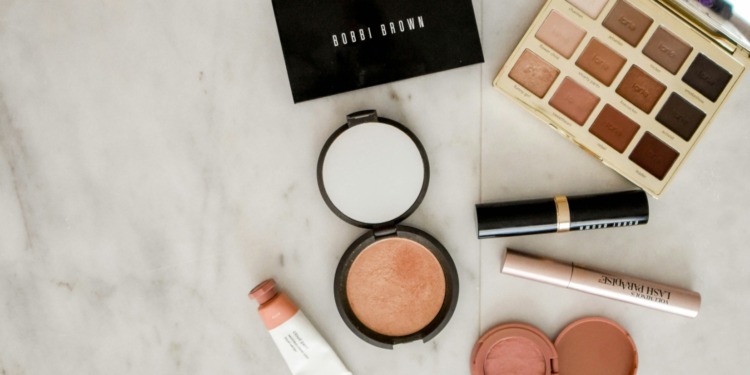Sustainability is becoming a foundation of the cosmetics industry, shaping the behaviour of brands globally, with ethical labels pushing the evolution. Ecovia Intelligence’s recent research shows that adoption of sustainability schemes and certifications varies by region, despite a steady increase.
The growing role of natural & organic labels in cosmetics
Natural and organic labels are driving sustainability in the cosmetics industry. COSMOS and NATRUE are two of the most widely recognised certifications, accounting for a large chunk of the 45,000 organic and natural cosmetic products currently certified worldwide. Europe, in particular, leads the way, with over 20 standards governing natural and organic cosmetics in the region.
At the same time, vegan and vegetarian labels are also gaining popularity as more consumers shift toward cruelty-free and plant-based beauty options. The Vegan Society has already certified more than 34,500 products, including every single item in The Body Shop’s collection, which exceeds 1,000 products. On a similar note, the V-label from the European Vegetarian Union, which was once mostly seen in the food industry, is now expanding into cosmetics, reflecting the rising demand for vegan beauty products.
Related Articles: How Sustainable Is Kylie Cosmetics? | Animal Testing for Cosmetics
In addition, with consumer preferences heading towards cruelty-free and plant-based options, along with organic certifications, vegan and vegetarian labels have been building up steam. An example of this is the Vegan Society, which has certified nearly 35,000 products or the V label, which is a part of the European Vegetarian Union, which has recently expanded certification from just the food industry to include cosmetics as well, showing the rising demand of vegan and sustainable products in the beauty & personal care sector.
Certain health-focused labels in regions like North America have become increasingly recognisable across industries and popular, such as the Environmental Working Group (EWG). EWG uses its Skin Deep database to analyse product safety.
Keeping track of all these labels can be very difficult for small and medium-sized enterprises, which is why they should take advantage of ESG software tools. These tools can help them ensure they meet compliance requirements and get certified.
Environmental impact certifications gaining ground globally
There is also evidence that worldwide sustainability certification schemes with a particular focus on reducing environmental impact have been gaining traction. Using life-cycle analysis, they cam evaluate an overall environmental impact of a product throughout the supply chaing. .Certificates such as Green Seal in Northern America or GreenTag in Australia are just two examples of certificates gaining momentum.
Cruelty-free certifications are rapidly gaining popularity, especially across Asia and North America. Organizations like People for the Ethical Treatment of Animals (PETA), through their Beauty Without Bunnies program, have certified over 6,000 cosmetic brands that do not test on animals. The Leaping Bunny label, a globally recognized standard for cruelty-free products, is also gaining ground, with nearly 2,400 certified brands.
However, with the European Commission’s newly developed Green Claims Directive, this could dilute the number of ethical labels, bringing a more rigorous review process to ensure company claims are substantiated. This development aims to reduce and prevent greenwashing incidents and make sure that new certifications and labels are making a significant impact on ESG.
To ensure your cosmetics business stays ahead of the curve in sustainability, explore IMPAKTER PRO and simplify your journey toward transparent and ethical practices.
***
This article is referenced from Sustainability and ethical labels still mushrooming in the cosmetics industry – Premium Beauty News by Premium Beauty News.
Editor’s Note: The opinions expressed here by the authors are their own, not those of impakter.com — Cover Photo Credit: Element5 Digital









